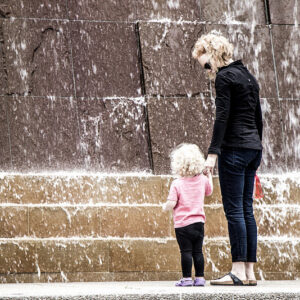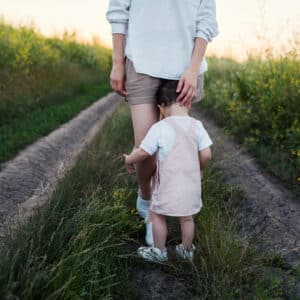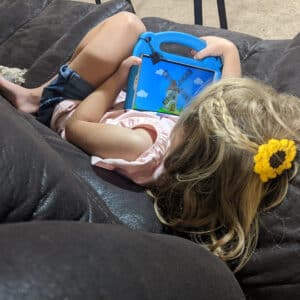I was 14 when I first snuck into my parent’s liquor cabinet and poured some sort of brown alcohol into a hastily washed Aquanet bottle. I took it with me to a Friday night football game where my friends and I poured it into a Coke and shared it.
I was 15 the first time I smoked pot up on a hill behind my friend’s house after school one day. I didn’t feel much, but I remember pretending I did so the rest of the group wouldn’t think I was stupid.
I was also a cheerleader, honor roll student, Young Life member, peer counselor, and on the student council.
And sharing my past now makes my cheeks hot.
Although I turned out OK, after a youth spent pushing boundaries and limits, there are moments of my adolescence I’d like to forget.
But I was that girl. I was the one who loved parties and socializing and trying new things. I had a healthy respect for my parents and their rules, but that never stopped me from drinking or carousing or sneaking out a few times in the middle of the night.
Just like doing those things never stopped me from getting good grades, holding a job, and somehow making it home by midnight almost every time I went out.
And here I sit, with three kids roughly the same age I was when I started making decisions that could have ended badly. So when my daughter said to me the other evening, “I wish you would trust me more,” I wondered if I should explain to her why I couldn’t.
Because I was one of the most trustworthy kids in my grade, yet I still made dangerous choices right under my parent’s noses.
I always wondered how much of my past I would share with my kids and when. As parents, I think we all believe we are open and honest with our children, but the truth of it is, very few of us are.
And with good reason. It is hard to be vulnerable. We don’t want to put ideas in their heads. We don’t want them to think less of us.
But in a split-second decision, I shared my past with my daughter, warts and all. Her eyes got big. She shouted, “What? You?!” She laughed at some parts and looked fearful of others.
At the end, I told her, “I know you’re not me, but you need to know that I wasn’t perfect in high school. I wasn’t perfect after nor am I now. And you’re going to make mistakes, but that doesn’t mean they define who you will be when you grow up.”
I also mentioned that having a mom who liked to party meant that I knew most of the tricks already, and if that I hadn’t used them, my friends had. I could trust her, but I would always be cautious.
And at that moment, the two of us were in this growing up thing a little bit more together than we were in the past.
For the first time, she asked me some questions about drinking and drugs. She asked me about boys I had dated. She wanted to know about the rules my parents put in place for me.
Although I felt like I was an open and honest parent with my kids, the truth is it was a one-way street. I wanted them to tell me things, but I wasn’t willing to be vulnerable with them.
It’s hard and scary and difficult to share your past with your kids. We all want them to be better, to be bigger than our mistakes, to improve on our shortcomings.
But how can we expect them to be better if we don’t share with them how we learned from our past? How can we expect them to do better if we don’t tell them how we did it ourselves?
I don’t know when the right time is to talk to our kids about our past. I don’t know if it is even right at all.
But I know that you can never have too many conversations with our teens.
And I can only hope that in those talks that one of them can make a difference.
This post originally appeared on Whitney Fleming Writes

If you liked this, you'll love our book, SO GOD MADE A MOTHER available now!
Order NowCheck out our new Keepsake Companion Journal that pairs with our So God Made a Mother book!
Order Now

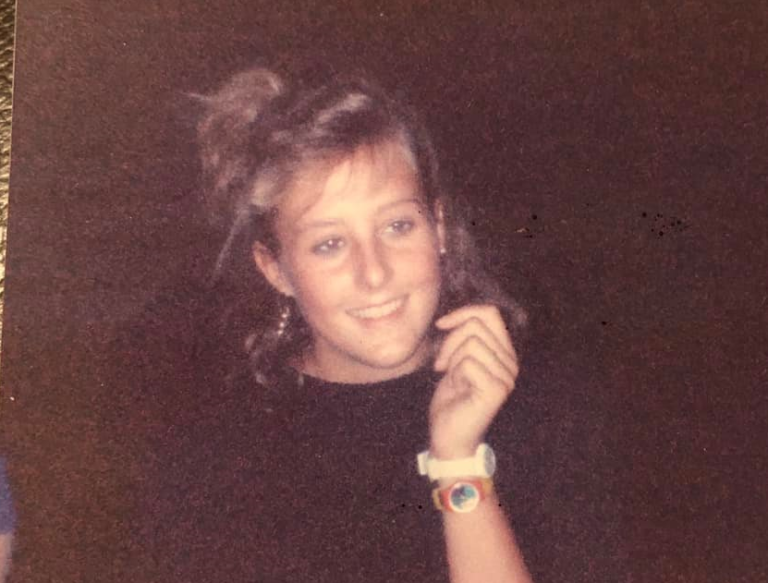

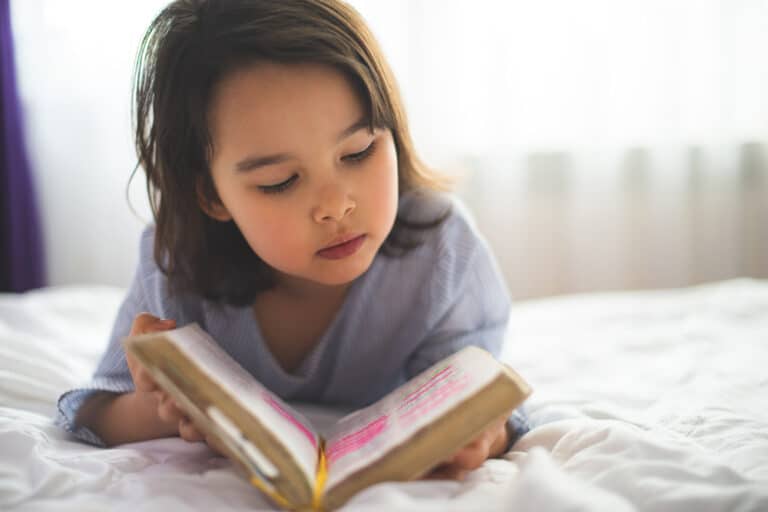
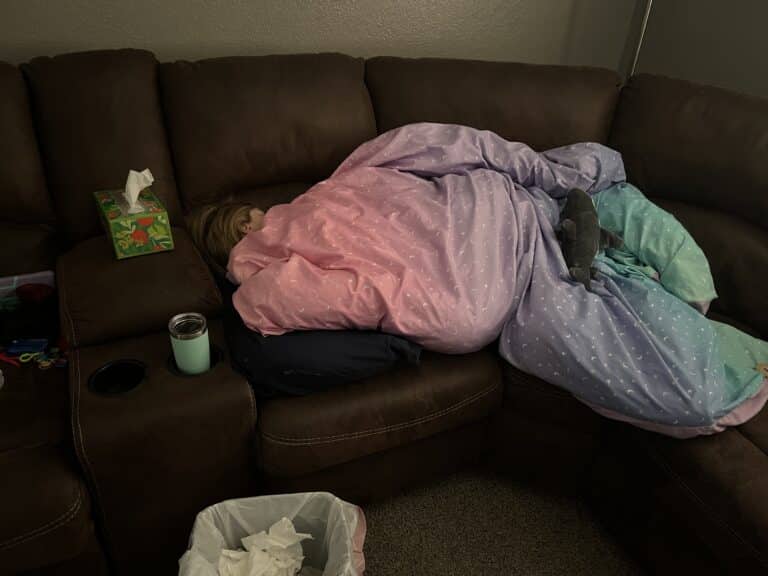

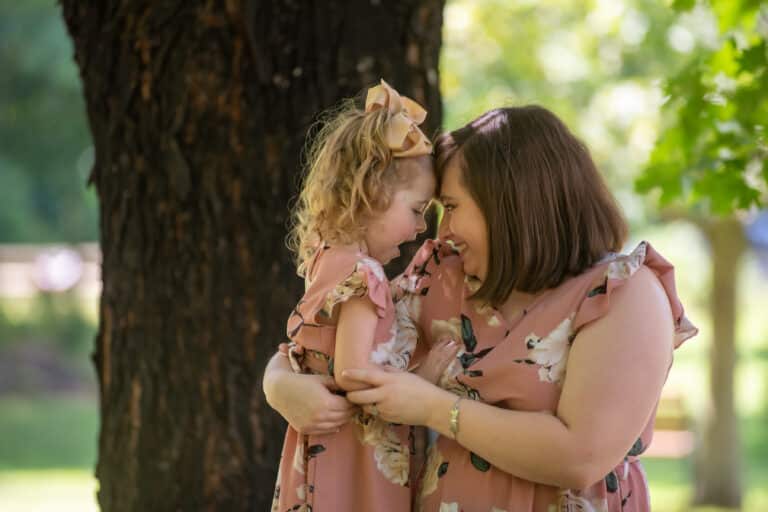

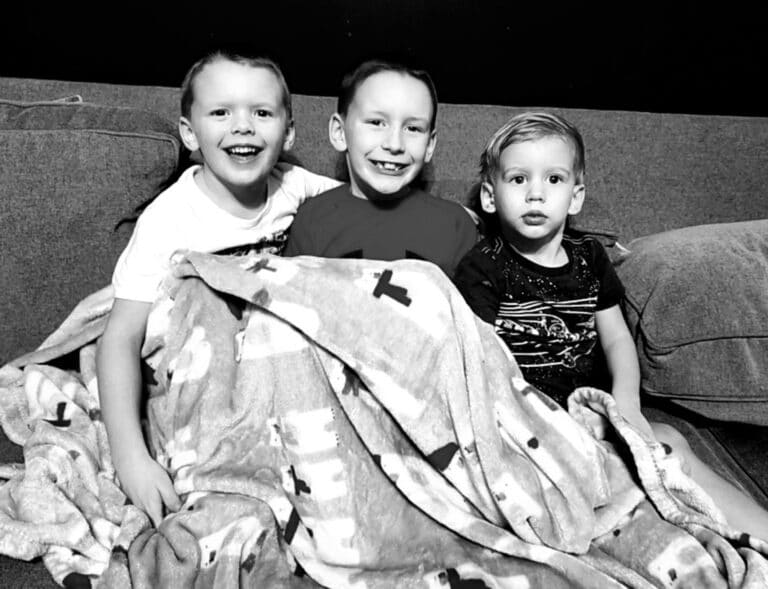
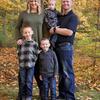
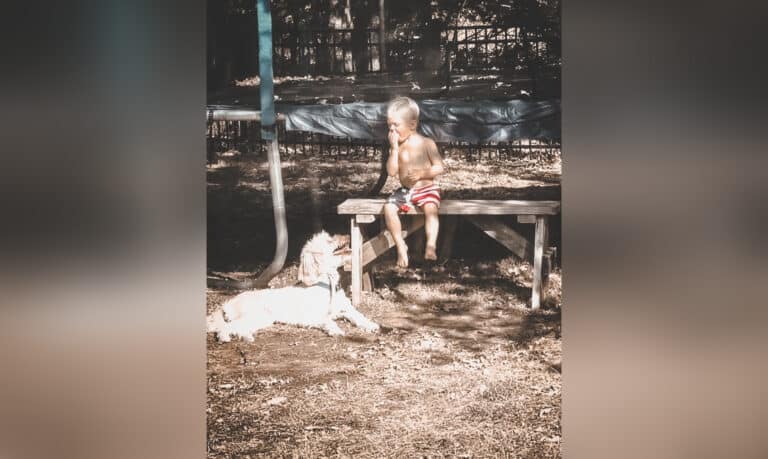

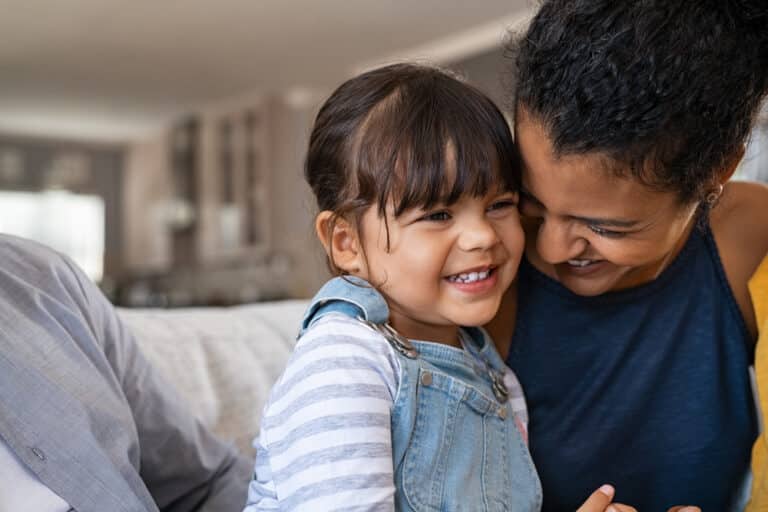

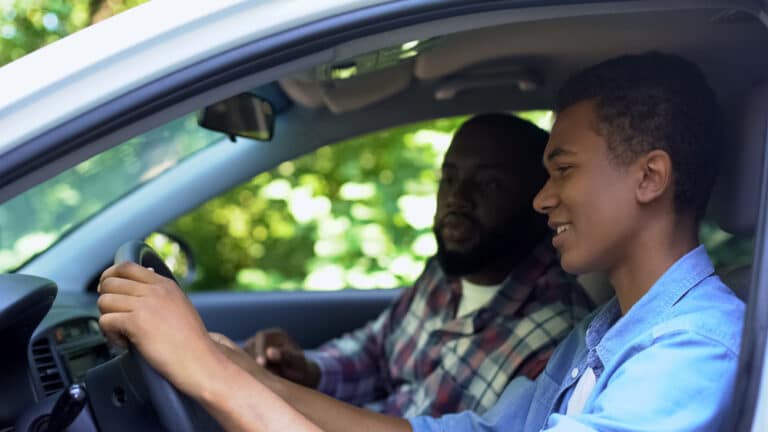
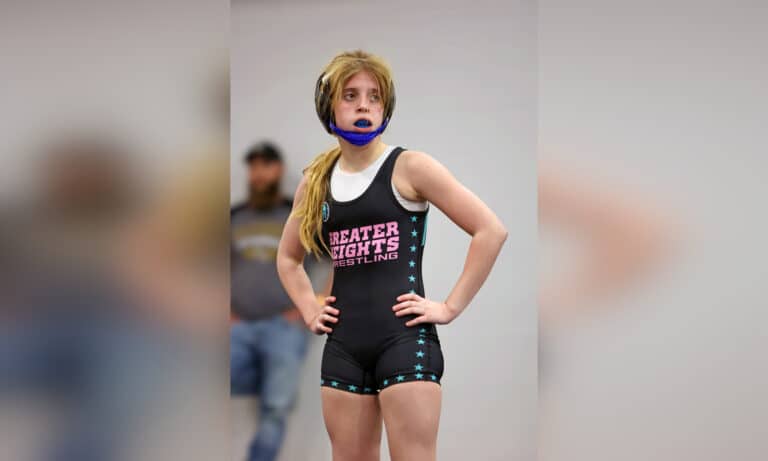
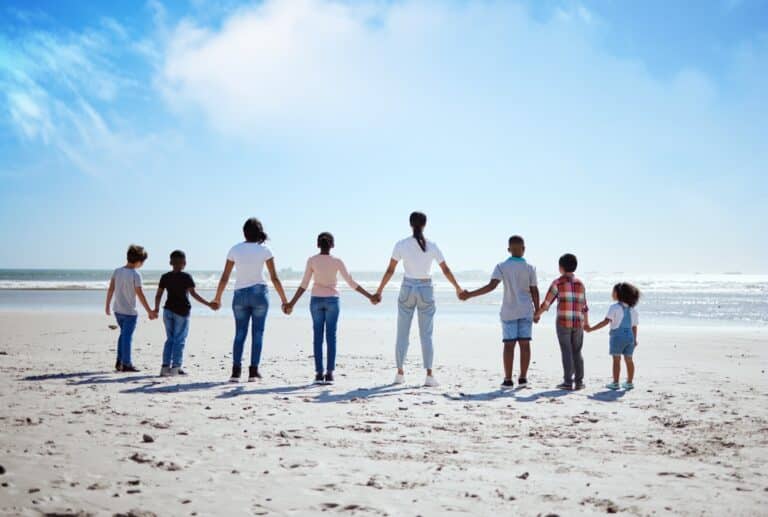
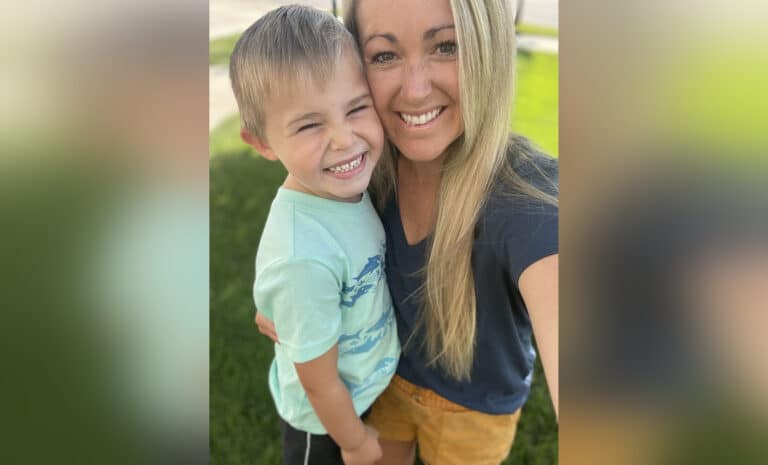


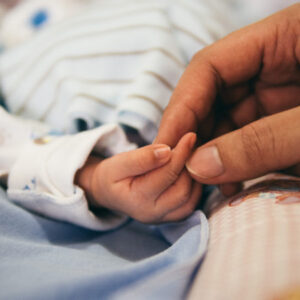
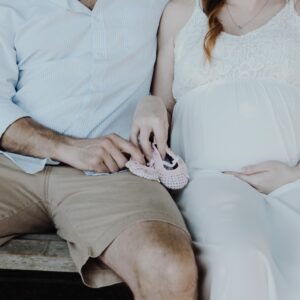
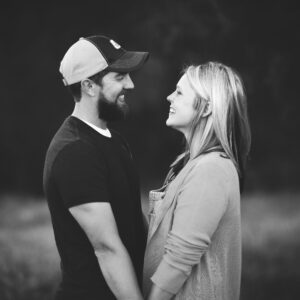
![Salmon Quinoa Fish Burger Baby [7m+], Toddler & Family](https://herviewfromhome.com/wp-content/uploads/2015/09/20150915_174831-1-e1442527794180-300x300.jpg)

